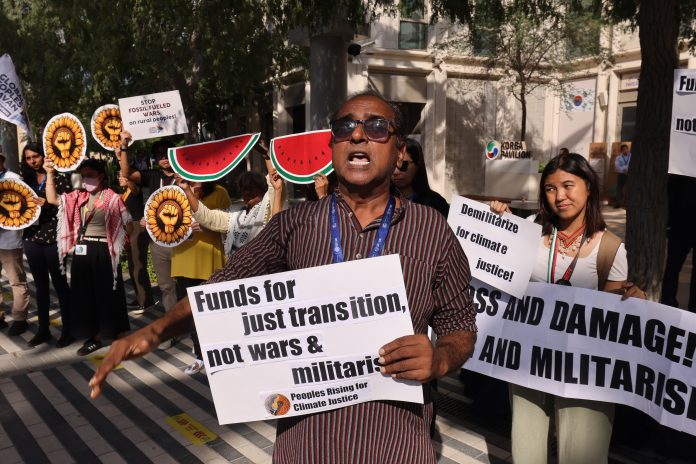A United Nations expert has called on governments to phase out fossil fuels within this decade, warning that continued dependence on coal, oil, and gas is driving systemic human rights violations and worsening the global ecological crisis.
In a report presented to the UN Human Rights Council, Elisa Morgera, Special Rapporteur on human rights and climate change, said the phaseout of fossil fuels is now a “non-negotiable” obligation under international law.
“The overwhelming evidence of the interlinked, intergenerational, severe and widespread human rights impacts of the fossil fuel life cycle… compels urgent defossilization of our whole economies,” Morgera wrote.
The 55-page report, released ahead of the Council’s 59th session, outlines how fossil fuel extraction and use remain the leading causes of global warming, pollution, and biodiversity loss.
Despite the growing climate consensus, fossil fuel production is projected to be 110 percent higher by 2030 than what would be consistent with limiting warming to 1.5°C.
Communities in so-called “sacrifice zones”—often Indigenous Peoples, low-income groups, and children—face chronic exposure to toxic pollution, respiratory illness, cancer, and forced displacement.
The report also links rising plastic and petrochemical production to increased fossil fuel dependency, posing long-term health and ecological threats.
Fossil fuel companies posted record earnings in 2023—$2.4 trillion for oil and gas alone—while receiving at least $1.4 trillion in government subsidies.
According to the report, these subsidies and legal protections hinder investment in renewable alternatives and perpetuate global inequality.
Morgera called for a ban on new fossil fuel projects, the revocation of existing licenses, and divestment from fossil fuel financing.
“Defossilization is the single most impactful contribution to the protection of human health and the planet,” she said.
The report echoes a call long championed by the Catholic Church. Pope Francis, in a 2019 address at the Vatican on energy transition, described the climate emergency as a threat to “the very future of the human family” and warned of “a brutal act of injustice towards the poor and future generations.”
“Today a radical energy transition is needed to save our common home,” the pope said, noting that “the poor are those most vulnerable to hurricanes, droughts, floods and other extreme climatic events.”
He stressed that such a transition should create jobs, reduce inequality, and improve lives, especially for communities affected by climate change.
Pope Francis also emphasized that young people and future generations should not have to bear the cost of present inaction.
He affirmed the Church’s full commitment to promoting integral human development and responding to what he called “the increasingly desperate cries of the earth and its poor.”
The UN report similarly emphasizes that wealthy nations have a greater responsibility to act, given their historical emissions and financial capacity to support a just and inclusive transition.
Morgera expressed that ensuring a livable and sustainable future remains possible, but only through immediate and transformative action grounded in human rights.









